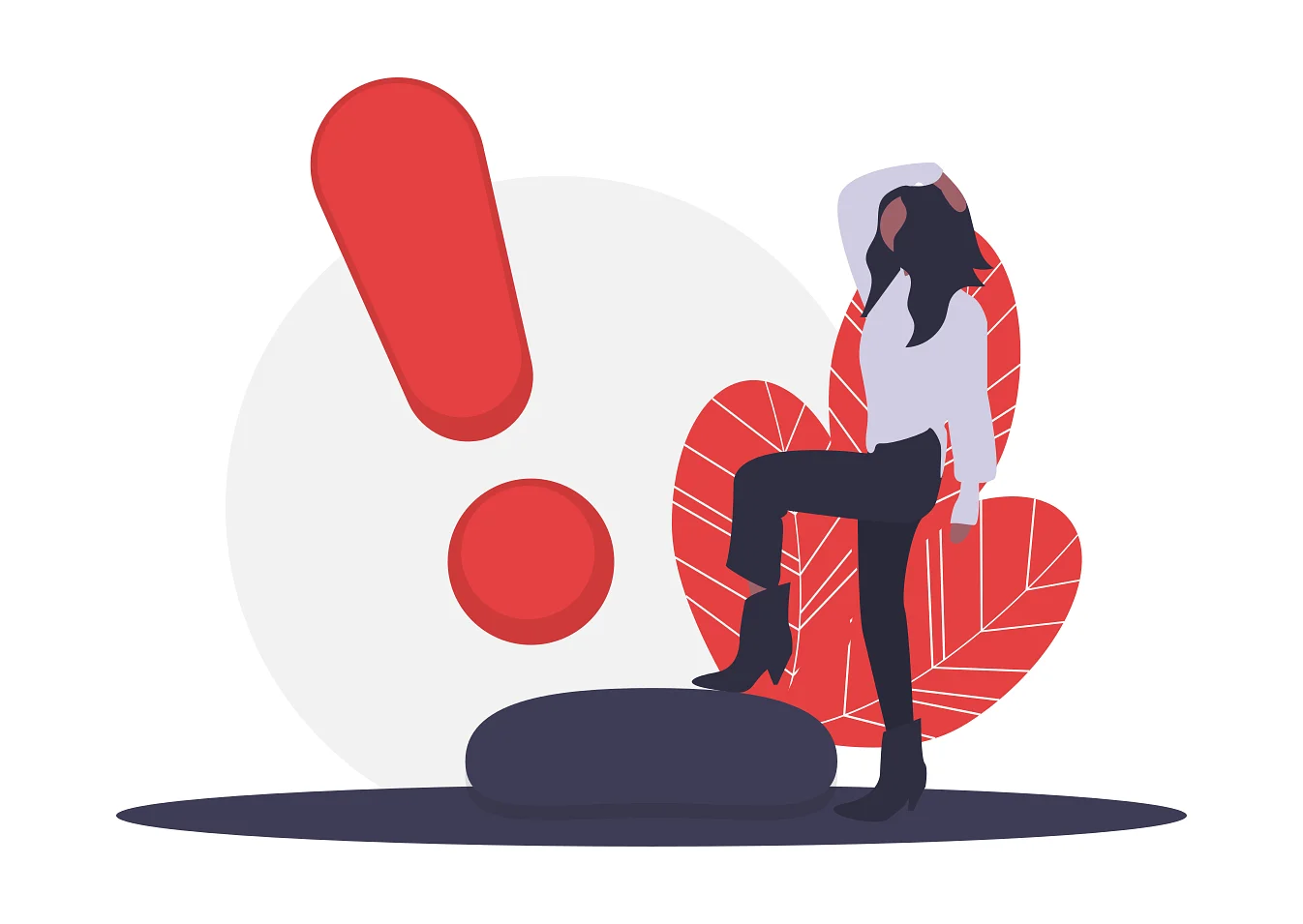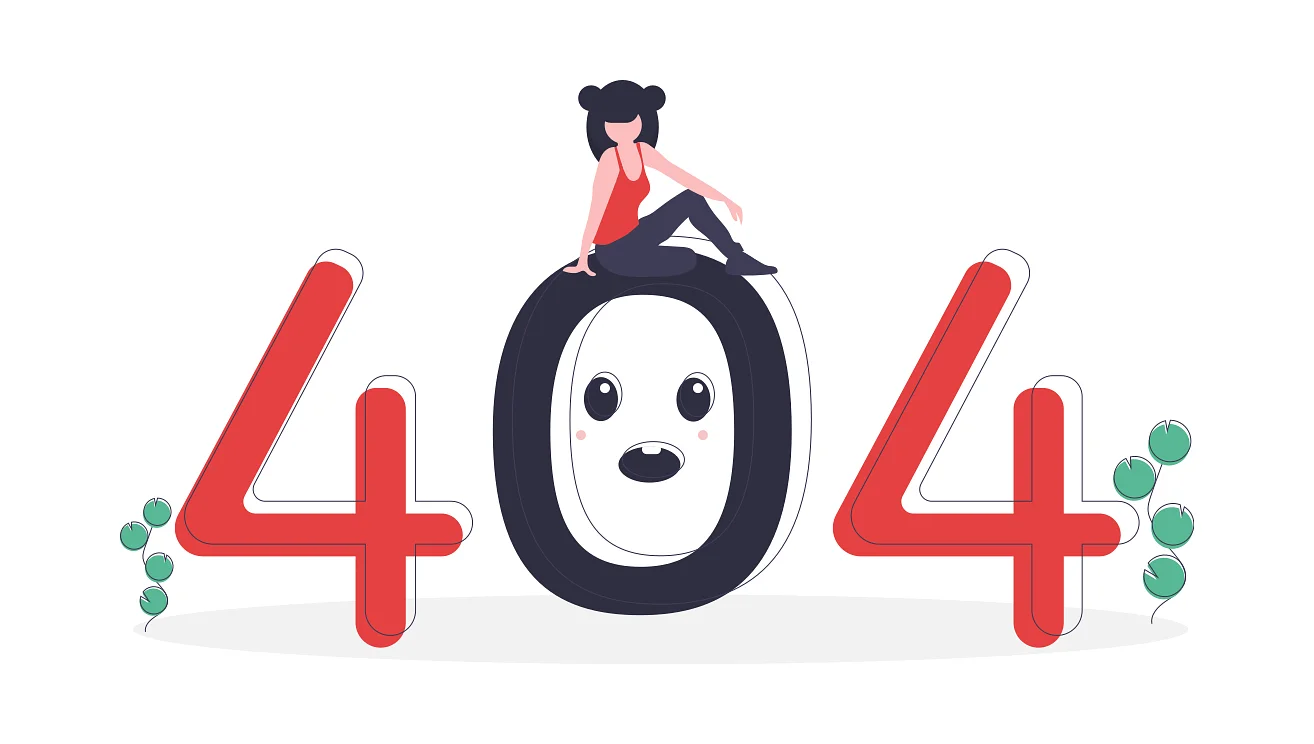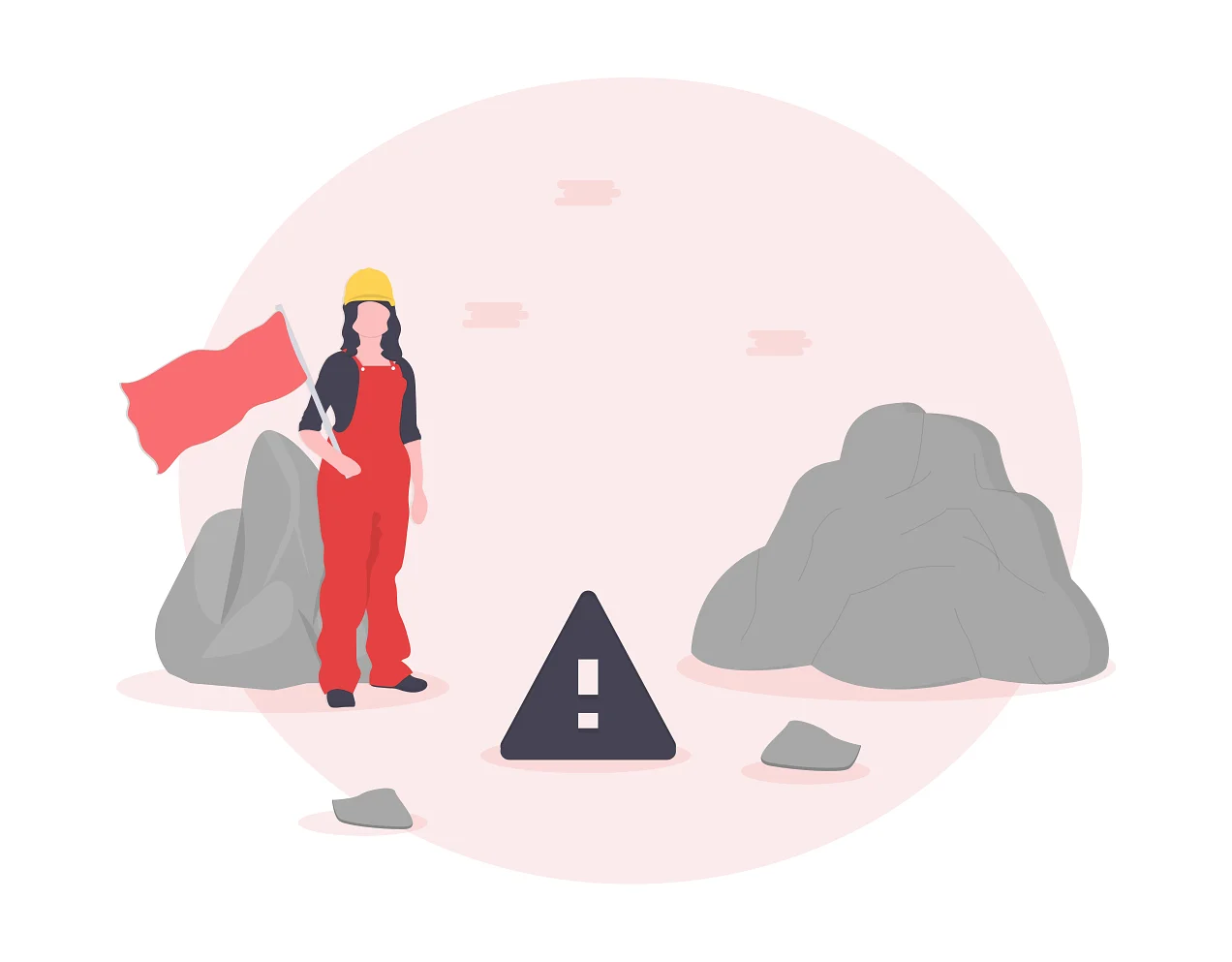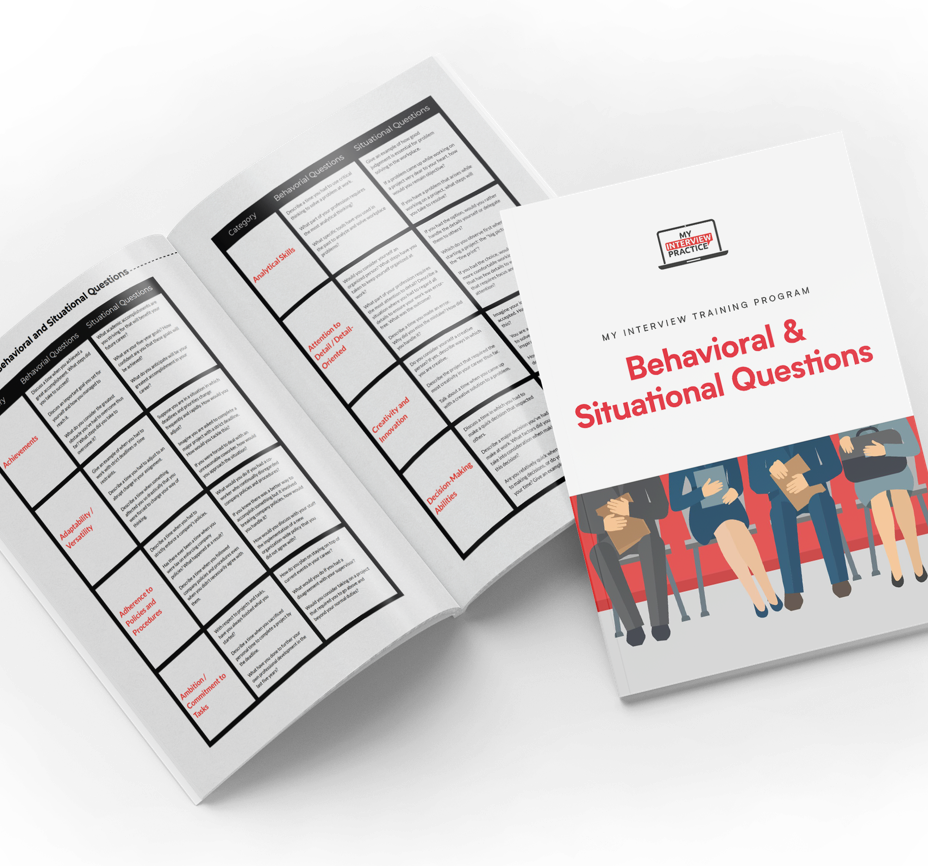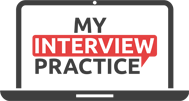How to Answer: “What’s Your Biggest Weakness?”

It’s the big day!
You walk into your interview for that new job you’ve always wanted, fresh-faced and prepared to knock it out of the park. All of your friends have given you advice about how to answer even the toughest interview questions in order to impress the hiring manager.
The interviewer asks you, “What’s your biggest weakness?”
You confidently answer, “I’m too motivated. At my last job, I worked so hard and never left the office.”
The interviewer questions how this was a weakness for you, and suddenly, you’re left reeling. Because after all, it isn’t a weakness. It’s you attempting to disguise a strength as a weakness.
“What’s your biggest weakness?” is one of the most difficult questions an interviewer can ask and one that candidates often just aren’t prepared to answer correctly. Need help deciding what your weaknesses are? Find additional tips on assessing your weaknesses and how to discuss them here.
Here’s the #1 mistake job seeker’s make:
When asked this question, candidates often try to disguise a positive trait as a negative one.
Other examples may sound like:
“I’m too much of a perfectionist. Everything has to be just right.”
“I’m a natural leader so sometimes I’ll just take control of a situation.”
“I work too hard, and it can lead to burnout.”
Now, this seems to make sense. You want to impress the interviewer and show them why they want to hire you, not scare them off.
However, interviewers know this. You’re not fooling them or anyone else.
They want to get an accurate representation of what it will be like to work with you, so the way you answer this question is very telling. By trying to deceive the interviewer through presenting a strength as a weakness, all it conveys to them is either you’re not very honest or you aren’t willing to own up to your own flaws and weaknesses.
What to Avoid When Asked About Your Weaknesses:
Becoming aggressive
Picking up from the last scenario, let’s say you’ve told the interviewer that your biggest weakness is being too motivated.
They dismiss this and say, “No, what’s your real biggest weakness?”
Some job seekers may become aggressive after this. They may think something along the lines of, “Is he calling me a liar?” or “How dare he not believe me?”
No matter what you do, keep your cool. Although you may not like being questioned like this, the interviewer is just doing his job in making sure you’re a good fit for the company.
It’s nothing personal, and losing your temper won’t help you get the job.
Refusing to answer the question
Sometimes job seekers will insist that they have no weaknesses or that their disguised strength is their actual weakness.
This is often a result of the candidate being unprepared for further questioning and freezing up. Their mind goes blank, and they have no idea what they should say.
In this scenario, it’s better to tell the truth than to withhold it. Otherwise, you’ll just look like you’re trying to hide something.
Telling the interviewer too much
Too often, we’ll continue to talk about something in order to fill an awkward silence. This is a strategy hiring managers often utilize to see what else a candidate might say.
Resist the urge to keep talking. Instead, briefly address your weaknesses, let the interviewer have their say, and then move on. Maybe even ask them some questions of your own!
Choosing the wrong weakness
Another mistake many job seekers make is panicking when being further questioned and telling interviewers about the wrong weakness.
The wrong weakness is a weakness that will be a deal breaker for the job. It’s a weakness that is highly relevant to the job and will drastically reduce your chances of getting said job if you talk about it.
For instance, if you’re interviewing for a sales position, it’s never a good idea to tell the hiring manager you have trouble speaking to new people or making friends.
Instead, you want to focus on the right weakness.
How to Choose the Right Weakness
When telling the interviewer about your biggest weakness, the most important step is to choose the right weakness.
What is the right weakness, you may ask? It will vary from person to person, but ideally, the right weakness is:
- One that is not a deal breaker. If you want a job as an accountant, you don’t want to tell the interviewer about how you hate math. Instead, focus on how you sometimes have trouble speaking in front of large groups. It isn’t a problem that will interfere with the nature of your job, and it is common enough that it is believable.
- One that is real. Don’t make up a weakness just because you believe it is the best option. Pick a weakness that you actually have trouble with. The interviewer will often ask you further questions about this weakness, and they will be able to tell if you are lying or hiding something.
- One that is fixable. You don’t want to tell the interviewer about the crippling anxiety you’ve had since you were seven. Instead, focus on this weakness in a way that is easily fixable. For instance, you could say that you have trouble speaking in front of large groups. This is a common problem that can be easily improved with practice.
Be Prepared to Talk About It
Many interviewers will ask follow-up questions about your biggest weakness.
The most popular one is, “How has this weakness negatively affected you?”
This is why it’s so important to choose a weakness you have genuinely struggled with. When answering this question, the interviewer will be able to tell if you are speaking from experience or telling a made-up story.
Always give the interviewer a well thought out but concise answer to this question. An example of this might be:
“I’ve always had trouble with public speaking. I tend to get a little nervous when delivering presentations at large meetings. I’m fine when I’m speaking in smaller groups of five or less, but any more than that and I start getting flustered.”
Keep it short and sweet. You don’t want to talk about yourself in a self-deprecating way, but you also want to be honest and upfront about your weakness.
Once you have chosen the right weakness and opened up about it, take it a step further. Tell the interviewer about how you are working to improve it.
How to Show the Hiring Manager You’re Working on Your Weakness
Acknowledging your weakness is a large part of getting hired. However, interviewers will not only want to know about your greatest weakness, but they’ll also want to know what you’re doing to improve it.
This is why it’s so important to choose a real weakness. After you’ve told the hiring manager about your weakness, you’ll want to tell them about the actions you are taking to remedy it.
For instance, after you’ve told the interviewer about your fear of public speaking, follow up with:
“But even though I get flustered in large groups, I have been taking steps to get better at it. Last month I attended a local presentation seminar and gave a 10-minute speech in front of about 50 people. I’m also currently a member of a local Leads group where we take turns pitching our services bi-weekly.”
This shows the interviewer that you are motivated and take steps to get better in the areas you lack.
The key to nailing your interview – practice, practice, practice.
As with anything, practice makes perfect. The most common ways to practice are with in-person mock interviews or a list of questions. While these options are a great place to start, they can leave a lot to be desired.
Practicing with In-Person Mock Interviews and Question Lists
One way to get valuable interview practice is to set up in-person mock interviews. Unfortunately, they can be somewhat inconvenient. You have to find someone to conduct the mock interview, and schedule a meeting every time you want to practice.
Question lists offer a much more convenient way to practice interviewing. Unfortunately, they do little to recreate actual interview pressure. In a real interview you’ll never know what’s going to be asked and this is exactly what can make interviews so stressful.
Interview Simulators – The best of both worlds.
With interview simulators, you can take realistic mock interviews on your own, from anywhere.
My Interview Practice offers a dynamic simulator that generates unique questions every time you practice, ensuring you're always prepared for the unexpected. Our AI-powered system can create tailored interviews for any job title or position. Simply upload your resume and a job description, and you'll receive custom-curated questions relevant to your specific role and industry. Each question is crafted based on real-world professional insights, providing an authentic interview experience. Practice as many times as you need to build your confidence and ace your next interview.
| List of Questions |
In-Person Mock Interview |
My Interview Practice Simulator |
|
|---|---|---|---|
| Questions Unknown Like Real Interviews | |||
| Curated Questions Chosen Just for You | |||
| No Research Required | |||
| Share Your Practice Interview | |||
| Do It Yourself | |||
| Go At Your Own Pace | |||
| Approachable |
Our interview simulator uses video to record your responses, and recreates the pressure you would feel in a real interview. This also allows your to see how you perform and perfect your responses. You can then share your responses with colleagues and mentors so that you can get valuable feedback.
Get the free training guide.
See the most common questions in every category assessed by employers and be ready for anything.
Get the Guide

